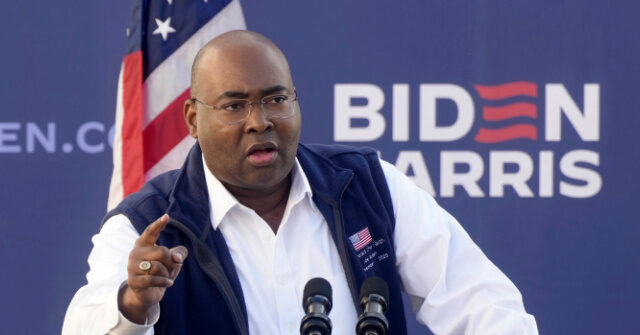The Debate on Identity Politics: A Look into the Future of Democratic Messaging
The Role of Identity Politics in Democratic Strategy
Identity politics has long been a cornerstone of the Democratic party's communication strategy. This approach emphasizes the importance of recognizing and addressing the unique experiences and challenges faced by diverse groups within society. Outgoing DNC Chair Jaime Harrison recently reaffirmed the significance of this tactic in building party messaging that resonates with a broad coalition of voters.
Why Identity Politics?
Identity politics focuses on the specific social categories—such as race, gender, and sexuality—that greatly influence people's lives. Advocates argue that acknowledging these identities allows for crafting policies that truly represent minority concerns, aiding in fostering an inclusive political environment.
Jaime Harrison has been quoted as saying:
"Recognizing diverse identities is not about division; it's about inclusion and making sure every voice is heard in the democratic process."
Such statements underline the continuing relevance of identity politics in a rapidly diversifying electorate.
The Impact on Voter Engagement
Identity politics often facilitates heightened voter engagement by making individuals feel acknowledged and represented. It can empower communities to rally around shared causes, galvanizing efforts to increase voter registration and turnout. For instance, during major election cycles, specific campaigns focused on minority voter engagement have significantly impacted the political landscape.

Critiques and Counterarguments
While identity politics is praised for its inclusivity, it also faces criticism for potentially polarizing segments of the population. Critics argue that emphasizing differences can alienate groups that do not see their interests aligned with specific identity-based movements. However, supporters believe that these critiques often overlook the fundamental aim of identity politics: to unify through recognition rather than division.
Looking Ahead: Identity Politics and Future Elections
With multiple critical elections on the horizon, the role of identity politics is likely to remain a central theme in shaping campaign strategies. As society continues to evolve, so will the interpretation and application of identity politics. Political entities must adapt accordingly to ensure that their messaging fosters a diverse and inclusive electorate.
- Understanding different perspectives on identity politics can enhance political debates and discussions.
- Engagement strategies need to consider diverse community needs and priorities.
- Utilizing identity politics as a means for fostering unity and representation is crucial in modern democracy.
As discussions continue around the impact of identity politics, insightful analyses will be necessary for both supporters and critiques to engage meaningfully with the evolving political environment. Interested readers can follow further in-depth discussions on these dynamics through a variety of well-researched platforms and experts' analyses on social media.
